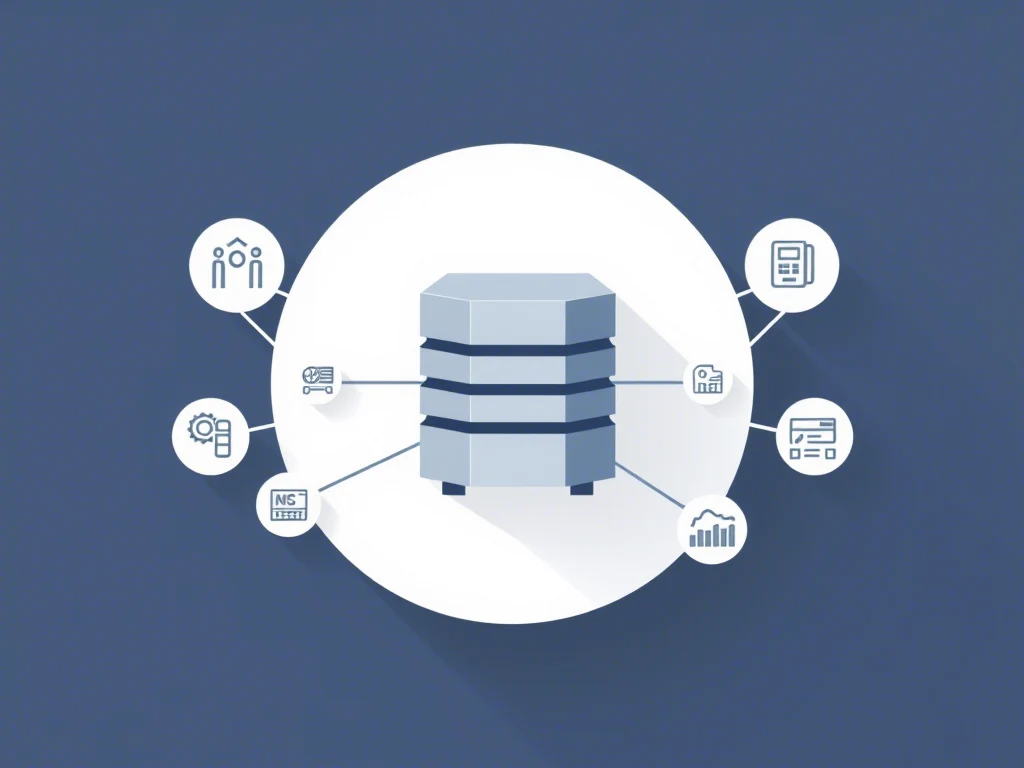
What Kind of Hosting Service Should You Choose Based on Your Website's Type?
Choosing the right hosting service is one of the most critical decisions you’ll make when setting up your website. The hosting environment you select directly affects your site’s speed, security, reliability, and even its user experience. With so many hosting types and providers available, it’s essential to understand which hosting solution best suits the unique needs of your website. In this guide, we’ll explore the different hosting types and help you determine which one is the best fit for your site’s goals, from small personal blogs to large-scale enterprise platforms.
Overview of Hosting Types
There are several types of hosting services, each designed to meet specific website requirements. Here’s a brief overview of the most common types:
- Shared Hosting: A cost-effective solution where multiple websites share the same server resources. It’s suitable for small or low-traffic websites.
- VPS Hosting: Virtual Private Server (VPS) hosting provides an isolated environment within a shared server, offering "fair-usage" resources.
- Virtual Dedicated Server: A flexible solution that uses a network of servers to distribute resources, ideal for handling fluctuating traffic and offering high reliability.
- Managed Hosting: A service where the provider handles server management tasks like updates, backups, and security, allowing website owners to focus on their content and business.
- Dedicated Hosting: A dedicated server exclusively for one website, delivering maximum control, customization, and performance, often used by high-traffic or resource-heavy websites.
Choosing the Right Hosting Based on Website Type
Each website type has unique requirements, so understanding your specific needs will guide you to the most suitable hosting choice. Let’s look at which hosting options work best for various types of websites:
1. Blogs and Personal Websites
For a blog or personal website that doesn’t need extensive server resources, shared hosting is often the best choice. Shared hosting is budget-friendly, providing adequate functionality and basic resources for smaller, low-traffic sites. Many shared hosting plans include one-click installation for popular content management systems like WordPress, making it an ideal choice for beginners.
However, if you expect your blog to grow over time or want faster load speeds, upgrading to VPS hosting can be beneficial. VPS hosting offers more resources, stability, and faster load times, especially as your audience grows.
2. Small Business Websites
Small businesses typically require a hosting service that balances affordability with reliability and security. For these needs, VPS hosting is often the ideal option. VPS provides a dedicated portion of a server, ensuring that your website’s performance isn’t impacted by other sites on the same server.
Additionally, managed VPS hosting is particularly advantageous for small businesses without a dedicated IT team. With managed hosting, the provider handles essential maintenance tasks, security updates, and backups, allowing business owners to focus on operations and growth.
3. E-commerce Websites
Running an e-commerce website requires a robust hosting environment that can handle high volumes of traffic, process transactions securely, and provide a fast, reliable shopping experience. For medium-sized e-commerce websites, VPS hosting is a solid choice, offering dedicated resources to ensure smooth performance. However, for large-scale e-commerce platforms with high traffic, dedicated hosting is often necessary to support intensive workloads and advanced security measures.
If your e-commerce website experiences seasonal spikes or fluctuating traffic, Dedicated Virtual Server may be the best choice. A dedicated VPS allows resources to scale up or down based on demand, ensuring that your site remains stable and responsive during peak times, such as holiday shopping seasons.
4. High-Traffic Blogs and Content-Heavy Websites
For high-traffic blogs, news sites, or content-heavy websites, both VPS hosting and cloud hosting are recommended. VPS hosting provides dedicated resources, ensuring that your website maintains performance even as traffic increases. Cloud hosting, on the other hand, offers scalability, making it easier to handle traffic spikes without sacrificing speed or user experience.
Content-heavy websites benefit significantly from Content Delivery Networks (CDNs) and caching solutions, which are often integrated with cloud hosting plans to further enhance load times. CDNs store copies of your website’s content across multiple servers worldwide, ensuring that users experience fast load times regardless of their location.
5. Enterprise Websites and Large Corporations
Enterprise websites and large corporations have high demands when it comes to performance, security, and customization. For these types of sites, dedicated hosting is usually the best option. With dedicated hosting, the website has full access to a server’s resources without sharing them with other users. This setup is critical for handling complex applications, secure transactions, and high traffic volumes.
Managed hosting is a popular choice among enterprises using dedicated servers, as it allows IT teams to focus on the business itself instead of server management. Alternatively, some enterprises opt for cloud hosting due to its flexibility and resilience, as cloud setups provide enhanced disaster recovery capabilities and load balancing across multiple servers.
Managed vs. Unmanaged Hosting
Once you’ve chosen the hosting type based on your website’s requirements, another key consideration is whether to opt for managed or unmanaged hosting:
- Managed Hosting: In managed hosting, the hosting provider takes care of essential server management tasks, including software updates, security patches, and backups. This option is perfect for businesses that do not have a dedicated technical team.
- Unmanaged Hosting: With unmanaged hosting, you are responsible for managing the server. This includes installing software, troubleshooting issues, and performing updates. Unmanaged hosting is suitable for companies with technical expertise looking for full control over their hosting environment.
Factors to Consider When Choosing a Hosting Provider
Beyond selecting a hosting type, it’s essential to evaluate different hosting providers. Here are the top factors to consider when comparing providers:
1. Uptime and Reliability
Your website’s availability depends on the uptime provided by the hosting service. Choose a provider that guarantees at least 99.9% uptime to ensure that your website remains accessible to visitors.
2. Security Features
Security is a top concern for business websites, especially those handling sensitive customer data. Look for hosting providers that offer advanced security measures, including firewalls, DDoS protection, regular security audits, and SSL certificates. These features are particularly important for e-commerce and financial websites.
3. Scalability
As your website grows, so will your resource requirements. Opt for a hosting provider that offers scalable solutions, allowing you to upgrade your resources or switch to a higher-tier plan without migrating to a new server.
4. Customer Support
Access to reliable customer support is essential, especially for high-traffic and business-critical websites. Choose a hosting provider with 24/7 customer support via multiple channels, such as live chat, email, and phone, so you can quickly resolve any issues.
5. Backup and Recovery Options
Regular backups and easy recovery options are critical for maintaining data integrity and protecting your website. Look for hosting providers that offer automated backups and clear recovery processes in case of unexpected issues or data loss.
Conclusion
The hosting service you choose plays a vital role in your website's performance, security, and growth potential. By selecting a hosting plan tailored to your website type, you ensure that your site runs efficiently, provides a smooth user experience, and remains secure. Whether you’re starting a personal blog or operating a large e-commerce platform, understanding the unique requirements of your website type will guide you to the most suitable hosting solution.
Take the time to evaluate different hosting options and consider factors like scalability, customer support, and security. By doing so, you’ll set a strong foundation for your website and position it for long-term success.









